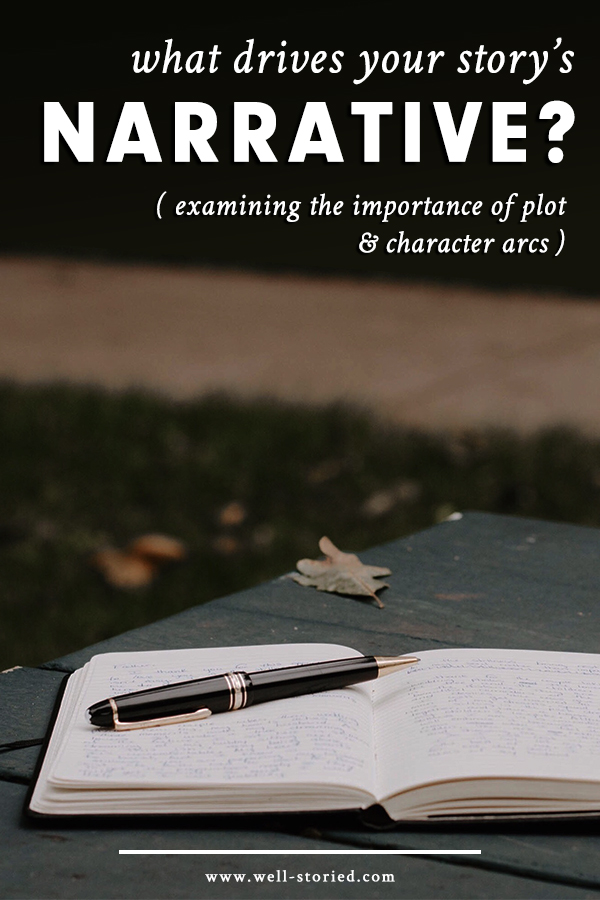"Character driven/plot driven - what is SFF all about?"
I see "plot driven" as meaning that characters will do what the author wants, even if it makes no sense, while "character driven" means that the story unfolds due to the character's inner drives.
An easy example is when a protagonist needs to rescue his friend from the dungeon of the antagonist -
Plot-driven: the author has no idea how to get the protagonist there, so he has him knocked unconscious, only to have him wake up in the dungeon - remarkably, his friend is in the next cell!
Character-driven: the protagonist must use all his resourcefulness and wits, and face incredible danger to enter the dungeon. He manages to reach his friend's cell, but has been badly injured in the process.
Which one do you think is the more interesting to read?
I'm currently rewatching a select few episodes of
Star Trek: The Next Generation with the family, to prepare them for the new
Star Trek: Picard series. Tonight we're watching the first season episode
DataLore where Data discovers his "evil brother" Lore. Lore then switches places with Data without the other characters noticing. There's exposition about Data's history, but the plot drives the story, not the characters, who look stupid for not noticing the switch.
On Saturday we watched
I, Borg, when the Enterprise beams up an injured borg to the Enterprise for medical treatment. This is the first time Picard has faced the borg since his assimilation during the two-part episodes
Best of both worlds. Picard, driven by hate and anger, determined to turn this borg into a weapon against the borg collective. But despite his initial prejudices, Picard is forced to overcome them. There's exposition about individuality and rights, but it's a character-driven story which sees Picard struggle with his past, and ultimately reclaim his human values.
Which episode do you think stands out the most?
Perhaps the emphasis on character driven stories, in an effort to please more readers of conventional fiction, has missed the point of how speculative fiction delights.
The idea that plot-driven stories are capable of exposition that character-driven ones aren't I think is also a fallacy. Arthur C Clarke focused on exposition rather than character development in his stories, which was perhaps more acceptable 50+ years ago. Meanwhile George R R Martin writes very close character-driven stories that are filled with exposition.
You mentioned
Dune,
Bladerunner, and the
Three-Body Problem as examples of plot-driven stories, but the first two are character driven: Jessica is in conflict over trying to protect her son against very real and immediate dangers while also trying to help him live up to the potential she sees in him - there's nothing really alien about that; Deckard has an emotional development arc in which he learns to stop seeing replicants as just machines and as accepts them as fundamentally human. I've not read the Cixin Liu, but I have read a lot of complaints about the lack of character development meaning that the book is not as well-received as it potentially could have been.
Really, I suspect this thread is just another one where an aspiring writer realizes they have underdeveloped characters in their story, but is hoping that big ideas will save it. I think I once started one like this.

However, IMO the bottom line is that great ideas alone generally don't make for an outstanding book, but great ideas with great characters potentially can.





